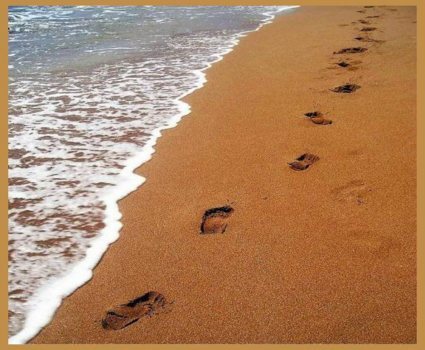For the record, the book club LOVED the book and we had a great discussion about it. Some of the women were interested in the "space race" while others were not but Koppel did a great job of giving enough background to the various missions to give context to the story without overburdening the reader with scientific details. Everyone got pulled into the "race!" Most of the book club grew up during the 50's and 60's and loved the "walk down Memory Lane." And everyone was anxious to watch the television series which finally premiered on June 18, 2015 on ABC.
** Quit reading NOW if you haven't read the book and don't want anything spoiled for you!**
Before reading the book I assumed I would grow nostalgic for "the good ol' days" when much of the story takes place. I was really rather shocked to discover that was not the case.
Perhaps I was too young... or too naive... or just not paying attention during my growing up years, the "good ol' days" of the 1960's (I really don't remember the late 50's at all). Typical of most kids, I thought all people were like my parents, family and neighbors.
My parents always told me I could be anything I wanted when I grew up. I liked science and math and they encouraged me to pursue a career that would utilize those subjects. It never occurred to me that I might not be able to have a career in a predominantly male field.
Astrowife Trudy Cooper, wife of Mercury Seven astronaut Gordo Cooper, was an accomplished pilot who had aspirations of being an astronaut herself. When she vocalized those dreams to her husband and the folks at NASA, they laughed at her, saying a woman could never be an astronaut.
From the beginning, NASA told the wives what was expected of them - perfect marriages, perfect homes, perfect children - and it was the wife's fault if all was not perfect. They were "strongly encouraged" to make a deal with Life magazine - exclusive interviews in exchange for cars, life insurance on their husbands (who, because of their high-risk careers, were normally uninsurable) and "stuff" - so that the space program would be promoted. They were "coached" (read "told") on what to wear and how to portray themselves.
I realized from watching television shows like Leave It To Beaver and Father Knows Best as a child that society viewed women as homemakers, not career gals. Women's lib was still on the back burner if it was on the stove at all.
But what really took me by surprise as I read this book was how the astronauts' philandering was put up with. All but a very small handful of the early astronauts had affairs with "space floozies" or "Cape Cookies." The astronauts and their families had very nice homes in a special community near Houston where the family lived but the astronauts trained at Cape Canaveral (known later as Cape Kennedy) in Florida. They often spent weeks at a time at Cape Canaveral away from their families and, as they say, when the cat's away, the mice will play.
NASA knew about the philandering and in some ways, promoted it by not "disciplining" the wayward astronauts. The journalists at Cape Canaveral knew. The hotel staff knew. But NASA insisted that the squeaky clean image of the astronauts that they were portraying to the American public be maintained and wouldn't allow any of that to become public knowledge. I was dumbfounded that the journalists went along with the cover-up. When, exactly, had their professional integrity first been compromised? Was it then? Or earlier?
During a sermon not long ago at our church, my pastor said that the "good ol' days" really weren't. Perhaps they were better than today to some degree but they weren't "good" - there was still sin and evil in the world, as there is today. I agree. I built up an idyllic time in my memory fashioned from personal experiences as a child and applied it to the culture of the time. Reading about the real societal values and culture shattered my perception of "the good ol' days" resulting in my surprise.
While I didn't get nostalgic about the "good ol' days," I very much enjoyed the bond of friendship these women formed that lasted decades - through husbands' fiery deaths in the Apollo 1 tragedy, through affairs and divorce, through illness, through physical distance apart. Their husbands were so intensely competitive and the wives had to be as well, to some extent, but they were always there for each other when it counted. It was worth reading the book for that part of the story if for no other reason.
So the lesson I learned is that what I think I will enjoy about a book and what I actually enjoy may often be two entirely different things. I think that makes reading interesting!


No comments:
Post a Comment